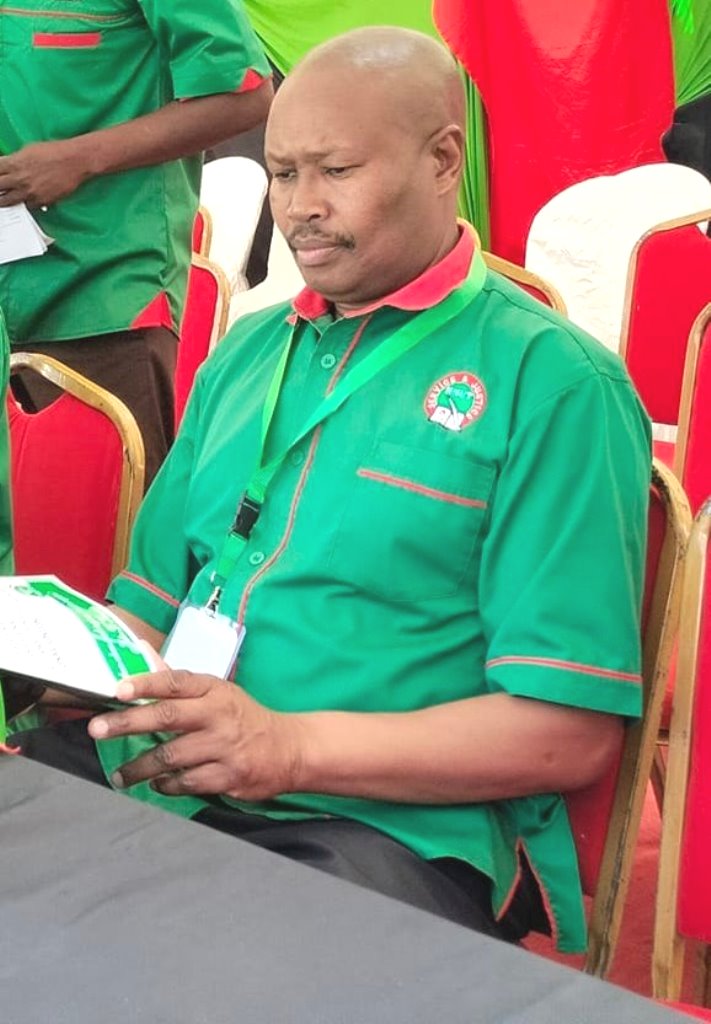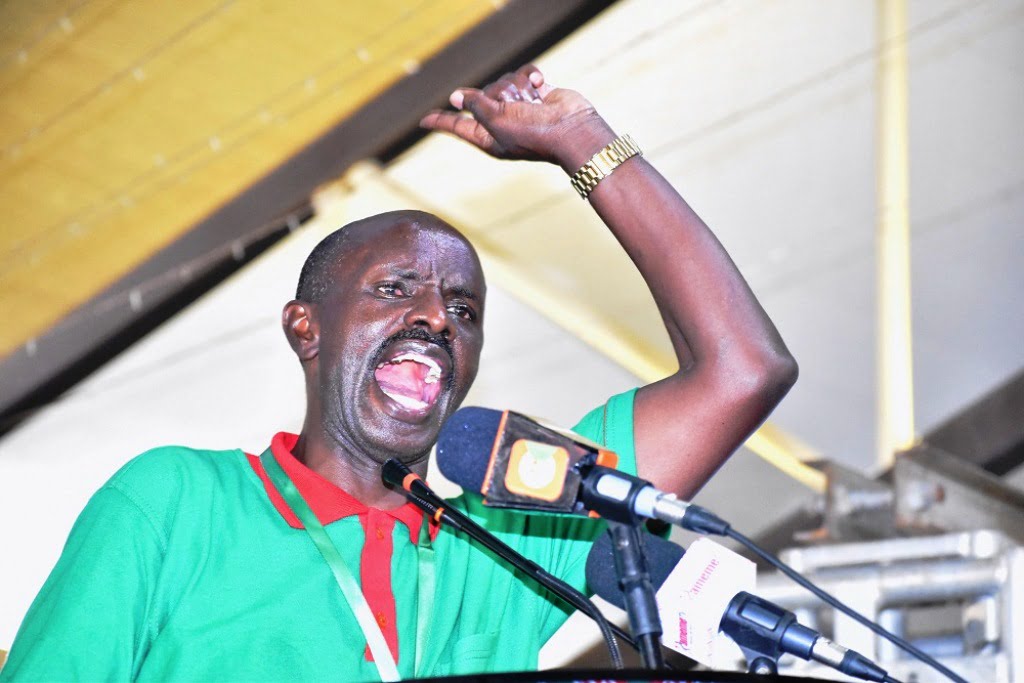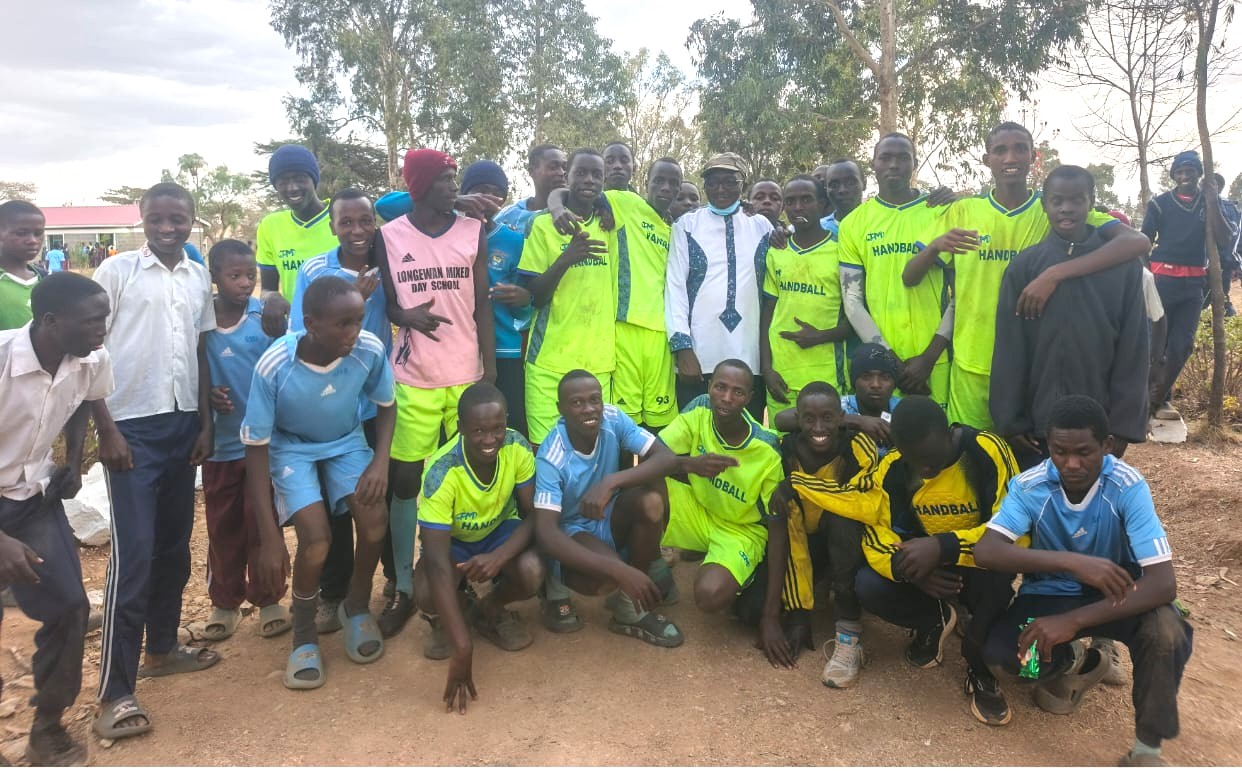When Malel Langat stood before hundreds of delegates at the Kasarani Gymnasium during the 63rd Annual Delegates Conference in December 2023, he wasn’t just another union official accepting a new title.
He was a man who had clawed his way from the dusty classrooms of rural Bomet to the upper echelons of one of Kenya’s largest and most powerful unions. His nomination as the First National Vice Chairman of the Kenya National Union of Teachers (KNUT) marks a high point in a journey defined by resilience, defiance, and a lifelong commitment to teachers’ welfare.
Langat’s story begins in Bomet County, where he attended Kiromwok Primary School from 1980 to 1987 before proceeding to Tenwek High School. Growing up in a community where education was often a privilege, he learned early on about hard work and self-reliance.
After finishing high school in 1991, economic necessity pushed him into the hospitality industry at the Mara Shika Camp in the world-famous Maasai Mara Game Reserve. There, he worked as a hotel steward, but even in this role, his instincts as an advocate surfaced. He was soon representing his fellow workers, negotiating for better conditions and fair treatment, experiences that foreshadowed his future in trade unionism.
The pull of the classroom, however, never left him. In 1993, he began teaching at Murao Secondary School in Kipkelion as an untrained English teacher. Determined to formalise his teaching career, he enrolled at Thogoto Teachers Training College in Kiambu, later emerging as a P1 teacher. He was posted to Bomet District at a time when teachers were still employed directly after training, an opportunity he has often credited with giving him stability and the confidence to launch his union activism.
During these years, Langat also nurtured a passion for communication. He wrote articles for local newspapers, edited college magazines, and even pursued a short journalism course. In 2004, he enrolled at Kenyatta University to pursue a Bachelor of Education degree in Kiswahili and Religious Studies, further expanding his academic horizons. These experiences honed his ability to listen, persuade, and articulate the frustrations of ordinary teachers — qualities that would serve him well as a union leader.
His first serious foray into KNUT politics came in 2006 when he contested for the Executive Secretary seat in the Bomet branch. Although he lost, teachers recognised his energy and commitment, and encouraged him to keep trying.
By 2011, he had been overwhelmingly elected Assistant Executive Secretary and was later elevated to acting Executive Secretary when the incumbent joined politics. Two years later, he captured the seat in a landslide victory. In 2016 and again in 2021, he defied fierce opposition, including a competitor backed by nearly all the county’s MPs, to secure re-election.
Bold and sometimes controversial stands marked Langat’s tenure in Bomet. He frequently clashed with then KNUT Secretary-General Wilson Sossion over the direction of the union and even over the location of Bomet University, siding with Governor Isaac Rutto to support Sigor rather than Bomet Town. Yet through these battles, he maintained an unwavering focus on his core mission: improving the welfare of teachers.
READ ALSO:
Kisii: Mysterious fire razes Maji-Mazuri Secondary dormitory, students’ belongings destroyed
Among his many initiatives at the Bomet KNUT branch, Langat established a gender desk to advocate for women’s rights in the workplace, pushed for a moratorium on weekend teacher trainings to protect religious and family time, and championed support for the Kenya Network of HIV-Positive Teachers (KENEPOTE), offering psychological services and destigmatization programs. His branch received national recognition from Imarisha Teachers Sacco and KNUT’s national office for excellence in service delivery.
Beyond union politics, Langat embedded himself in community service. He served on multiple school boards, chaired Tumoiyot Secondary School, and participated in county education task forces under both the late Governor Joyce Laboso and the current Governor Hillary Barchok. His record of hands-on leadership built him a network of grassroots allies who saw him as more than just a politician but a problem-solver.
This grassroots loyalty paved the way for his ascent to the national stage. In 2023, after the death of Stanley Mutai, teachers from 25 Rift Valley branches voted to nominate Langat as the region’s candidate for First National Vice Chairman. In a rare show of unity, his only challenger, Boniface Kemei Tenai, withdrew to support him. The nomination was ratified at Kasarani, elevating Langat to the second-highest office in KNUT.
Langat assumed the national office at a pivotal time. KNUT is emerging from years of turbulence, government crackdowns, and declining membership. He signalled intentions to steer the union away from confrontation and toward constructive engagement with government and stakeholders. His focus includes revitalising grassroots structures, training school-level KNUT representatives, reviving mentorship programs for younger teachers, and ensuring gender equity and inclusivity in all union activities.
Colleagues describe him as a consensus-builder who listens more than he lectures. Those close to him say his diverse background — from hotel steward to teacher, journalist to unionist — gives him a rare ability to connect with teachers across generations and regions. His vision for KNUT combines pragmatism with passion: a union that safeguards its members from exploitation while serving as a bridge for progressive education policies.
Langat’s journey from the Maasai Mara to KNUT’s national leadership is not merely a personal triumph. It is also a story of resilience and reinvention, of how a village boy with a knack for advocacy became a national leader shaping the future of Kenya’s education sector.
By our reporter
You can also follow our social media pages on Twitter: Education News KE and Facebook: Education News Newspaper for timely updates.
>>> Click here to stay up-to-date with trending regional stories
>>> Click here to read more informed opinions on the country’s education landscape
>>> Click here to stay ahead with the latest national news.






